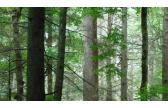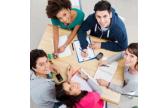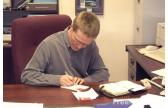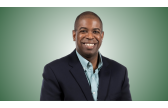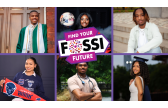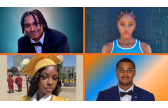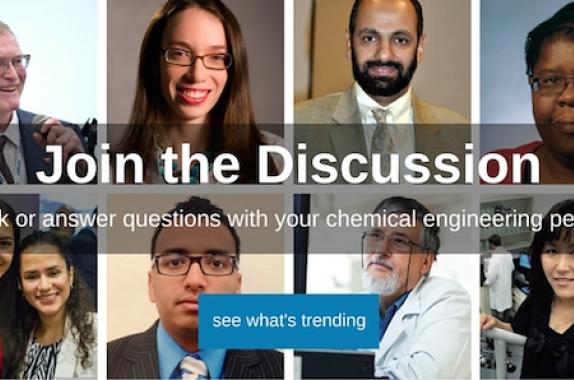
Each October, National Disability Employment Awareness Month celebrates the value and talent people with disabilities bring to the workplace. This year marks the observance's 80th anniversary, centered on the theme "Celebrating Value and Talent."
Kristin Bennett, a 2025 Husky 100, ARCS Fellow, and graduate research assistant in the Nance Lab at the University of Washington, embodies how lived experience inspires scientific innovation. A former Navy nuclear mechanic and chemist, Kristin now studies traumatic brain injury through a lens shaped by her chemical engineering training and her own recovery journey.
In this interview, she shares how her experiences as a veteran and researcher with a disability influence her approach to science, mentorship, and accessibility in STEM—and how inclusion drives discovery.
What inspired you to study traumatic brain injury after your time in the Navy?
My time in the Navy shaped both my curiosity and my sense of purpose. As a nuclear mechanic and chemist aboard an aircraft carrier, I learned to think critically under pressure and appreciate how complex systems work together. Later, when I experienced the long-term effects of service-related injuries and a mini-stroke, I saw firsthand how traumatic brain injuries (TBIs) can quietly and profoundly alter lives.
More than 67 million people experience a TBI each year. Too many live with invisible wounds that affect cognition, emotion, and identity, yet there are still no effective treatments. That gap between what we understand and what we can heal became impossible to ignore.
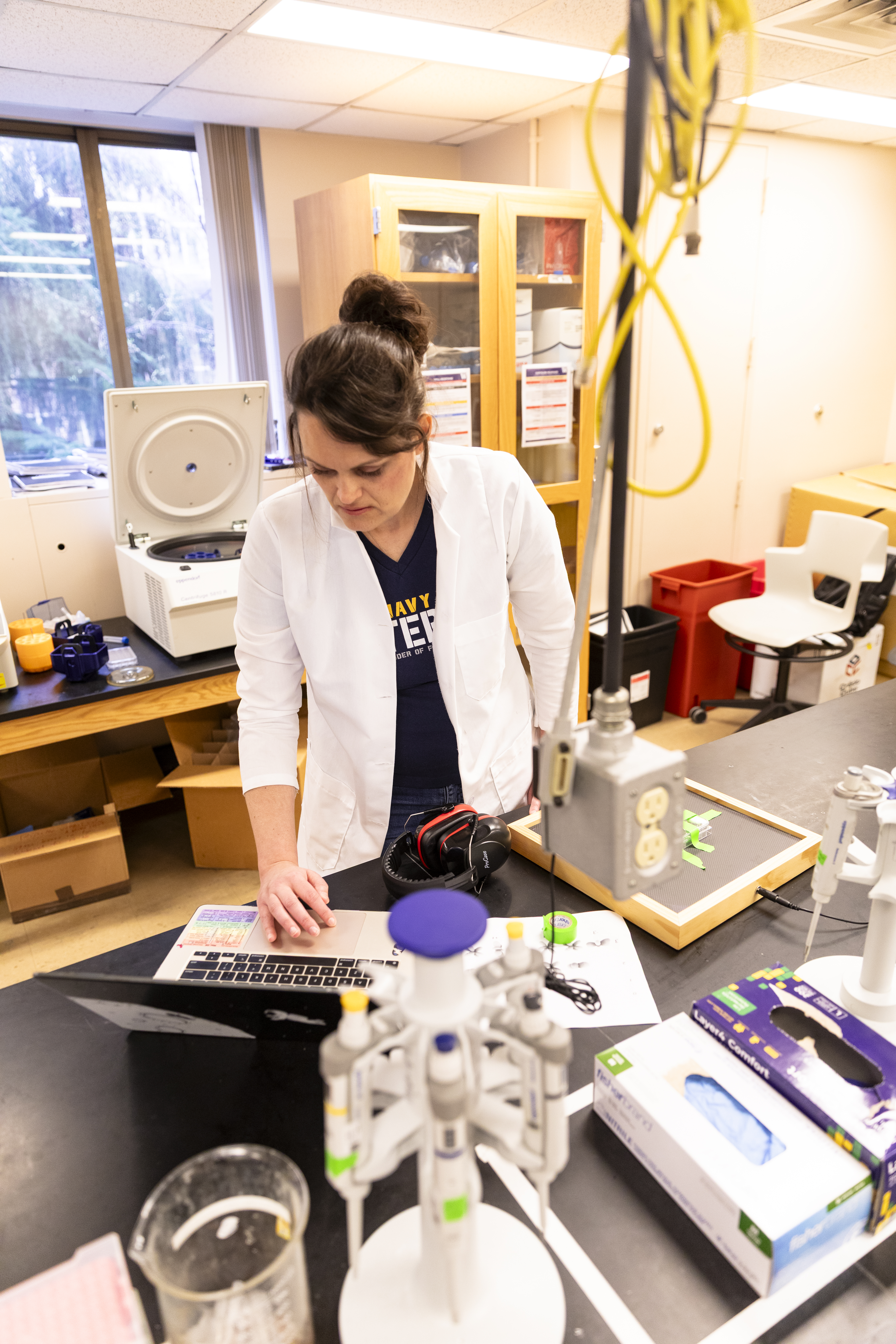
Under the guidance of my mentor, Dr. Elizabeth Nance, at the University of Washington, I'm developing ex-vivo living tissue models of TBI using surface acoustic waves to induce injury. By using sound to simulate real-world impacts like blast waves or sports collisions, I combine my analytical mindset as a chemical engineer with my lived experience as a veteran. My research bridges engineering and neuroscience to create tools that help others recover.
How has your personal experience with disability influenced the way you approach your research?
Living with disability has reshaped how I think about science. It has taught me urgency, but also patience. I've learned to adapt to my body's limits, design systems that make persistence sustainable, and build teams grounded in empathy and flexibility. Those lessons influence how I design experiments, mentor others, and navigate setbacks.
My lived experience also shapes the questions I ask. I reflect on my own symptoms and recovery: Which systems were affected? What mechanisms explain them? Are they universal or injury-specific? I use those reflections to guide my models, asking how to represent the cellular or mitochondrial dysfunction underlying those experiences.
After my mini-strokes, my recovery placed me in the third percentile of expected outcomes. That drives another question: why me? What biological or behavioral factors enabled my recovery, and could those mechanisms be replicated in our model or eventually in patients? My disability doesn't just motivate my research—it gives me a framework for discovery.
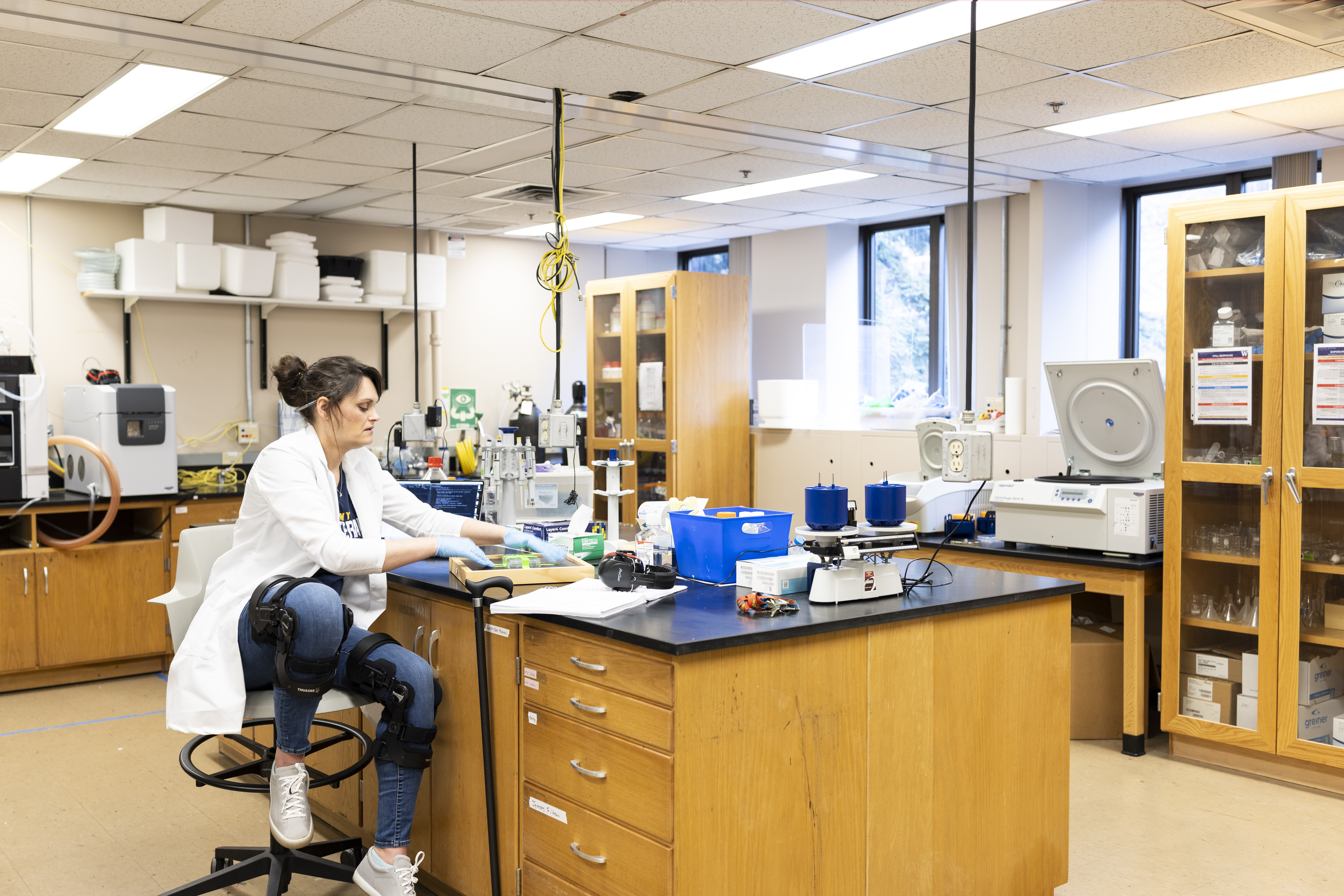
You have helped make your department more accessible for students and faculty. What changes are you most proud of?
I'm most proud of helping shift our department's culture toward universal design and open dialogue about accessibility, making it an essential part of academic excellence rather than an afterthought.
One initiative I'm especially proud of is our collaborative push for recorded lectures, which led to our paper To Record or Not to Record: Collaboration through Conflict. It won the 2025 ASEE Martin Award. What began as a discussion about accommodations grew into a department-wide conversation about inclusion, mental health, and diverse learning styles.
I also developed a training module for our Unit Operations courses focused on disability in the workplace. It covers employee rights, employer responsibilities, strategies for difficult conversations, and approaches to safety and accessibility in industrial environments. Everyone experiences disability at some point, and preparing students to think inclusively benefits every future workplace.
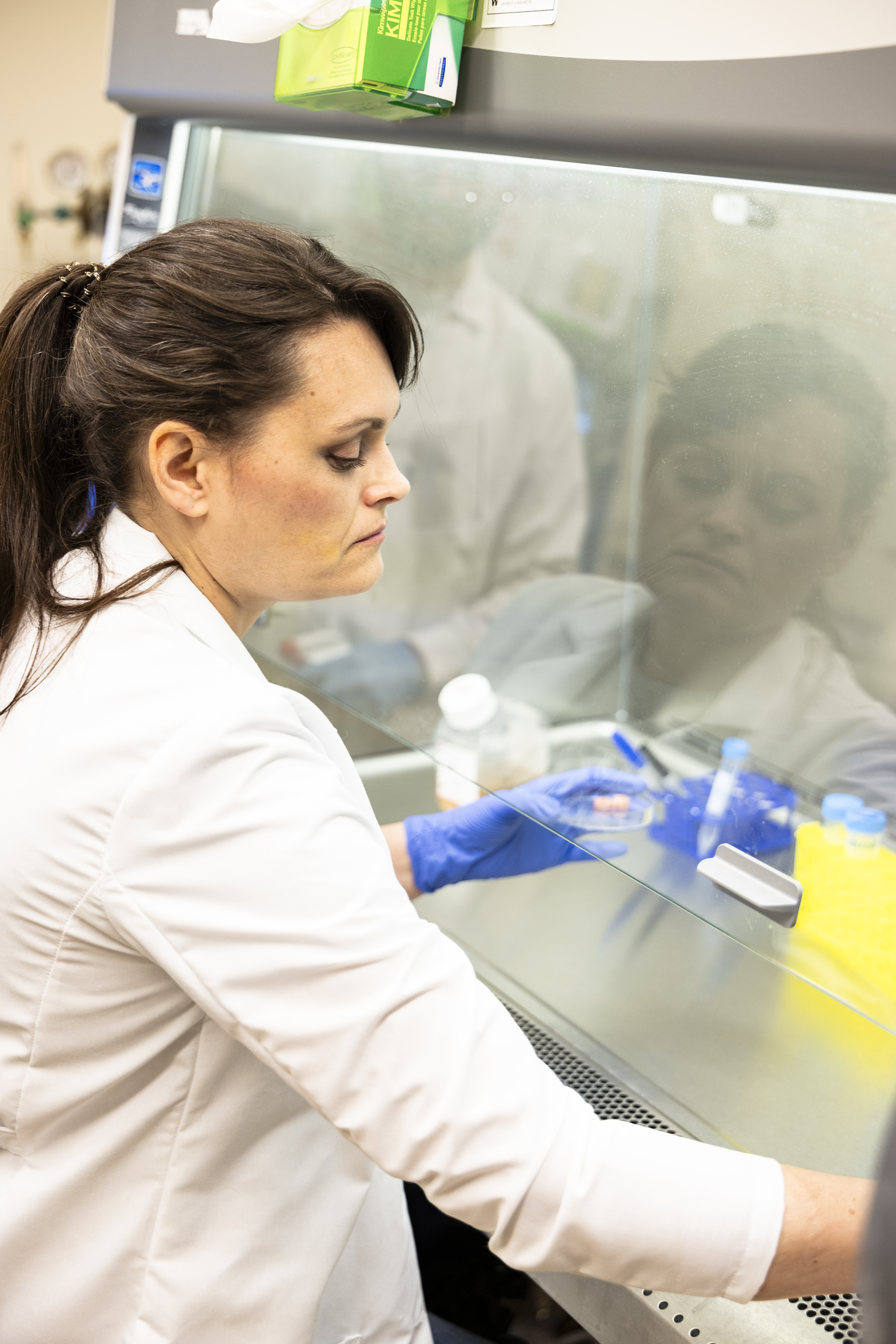
What advice would you give to students or professionals with disabilities who want to pursue careers in STEM?
First, know that you belong here. Your path may look different, but difference is often a source of creativity and strength. Science needs minds that see from unexpected angles.
Second, build your community early. Mentorship and peer support can transform your experience. Seek out people who value your ideas and humanity.
Finally, don't wait for permission to make science accessible. Ask for the accommodations you need. Suggest better lab layouts. Share what works for you. Each time you make a space more accessible, you're changing what's possible for someone else.
STEM thrives when everyone can contribute. Those who've had to find alternate routes often chart the most innovative paths forward.
To learn more about AIChE’s efforts to advance disability inclusion in chemical engineering, visit our Disabilities Outreach & Inclusion Community (DORIC) and explore upcoming IDEAL events at the 2025 AIChE Annual Meeting.


